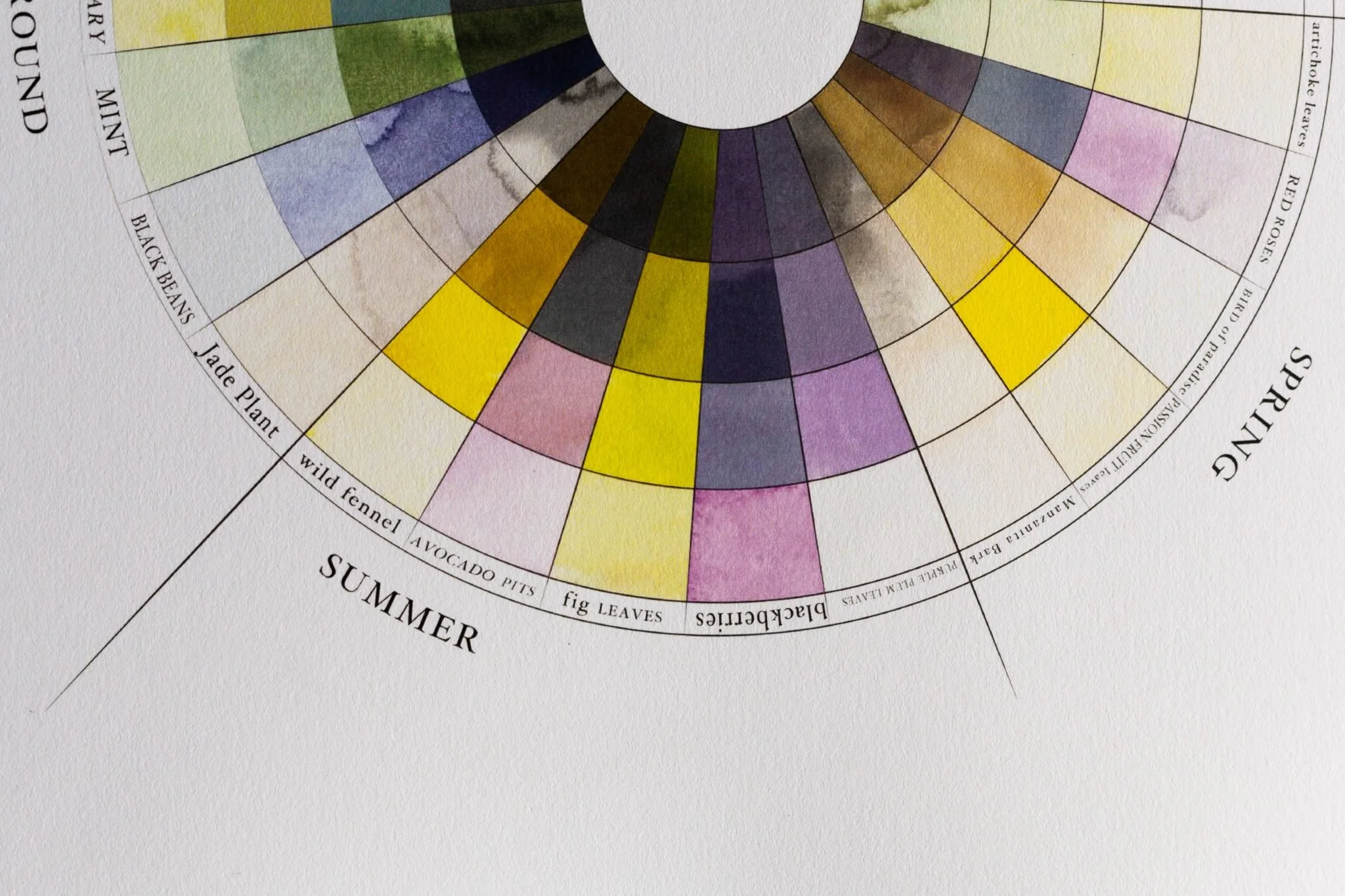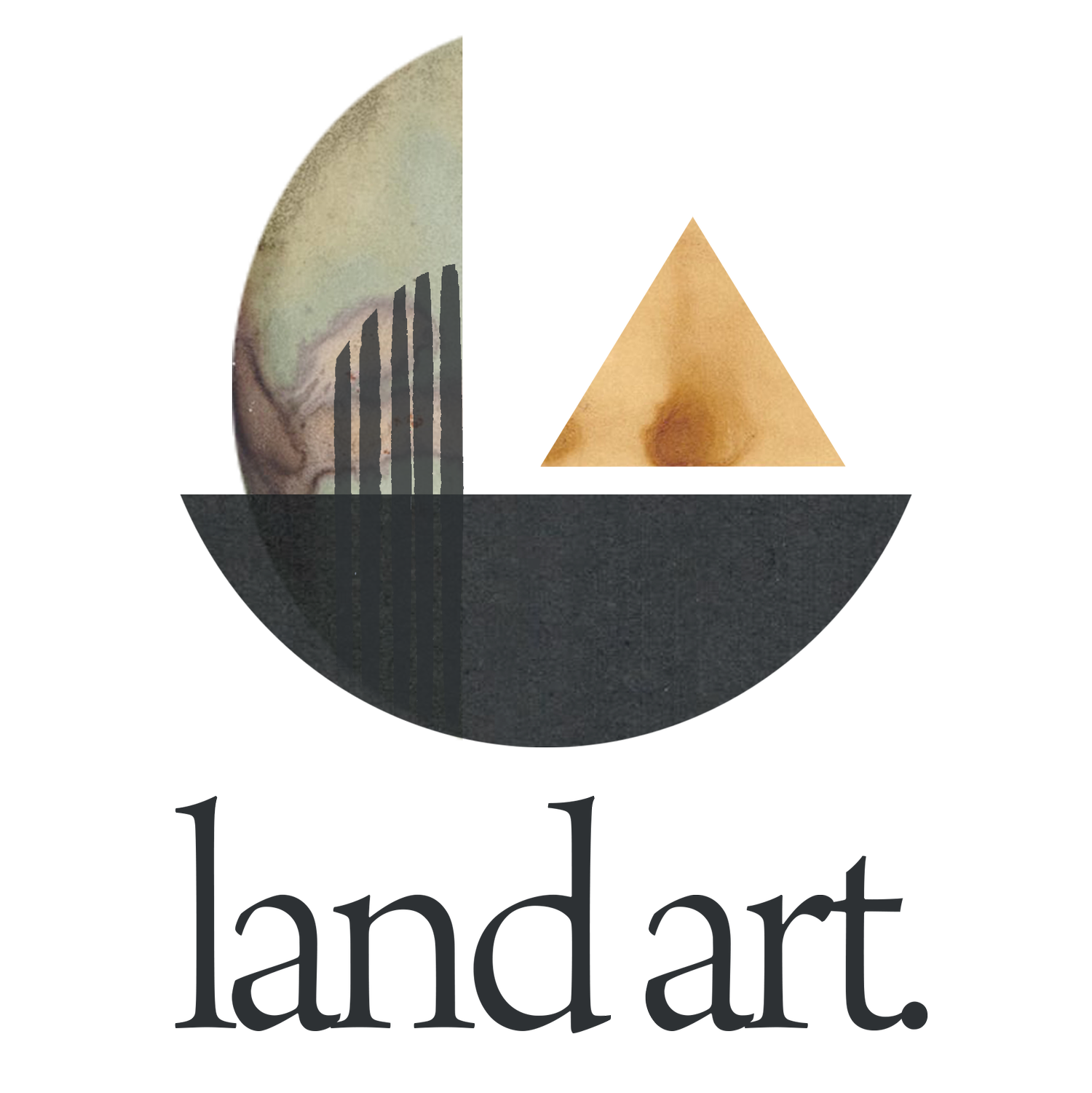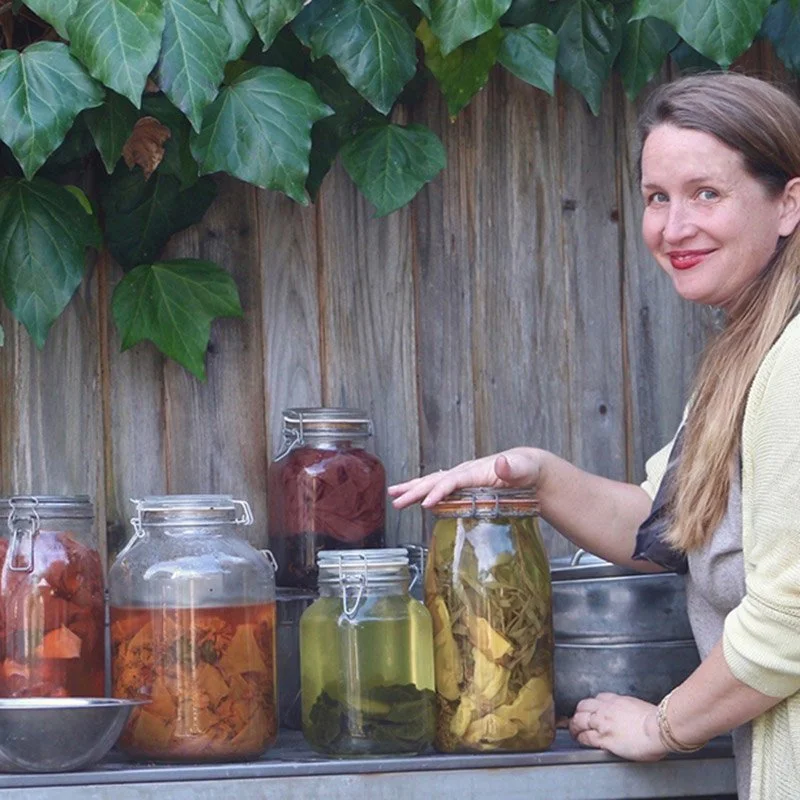
Compost Colours
Creating Zero-waste + Place-based Natural Dyes with Sasha Duerr
Inspired by recipes in Sasha’s books "Natural Color" + "Natural Palettes", you will learn to make a range of natural colors and holistic hues from by-products of your favorite meal, farmer’s market, or even ingredients found in your very own backyard or urban sidewalk.
In this two hour workshop, we'll make and curate a truly unique and authentic color palette made entirely from waste. We’ll learn to create vibrant natural color recipes from scratch and make saturated samples of plant-based hues from everyday bi-products from food and floral waste- highlighting awe in the everyday. Sasha will share helpful materials, methods, tools and techniques for all skill levels as we "cook with color.”
An abundance of helpful resources and plant-based color recipes will be shared upon completion of our class. This workshops is suitable for new or accomplished dyers - lots of new ideas and methods offered!
£40
All sessions are recorded and made available for a week following the course.
This also includes time for any feedback questions.
What you need to know about the session:
-

Compost Color Ingredients & Fabrics
- Golden Onion Skins
- Pomeganate Rinds
- Dried Black Beans or Black Lentils (Soaked in water overnight)
- Fruit Tree Prunings
- Avocado Pits
- Carrot Tops*Many of these recipes can work with no additional mordant -and on a variety of natural fibers- but depending on your tap water and its ph -it may be helpful to have a pH modifier (like baking soda or vinegar) to adjust and modify the color if needed.
Fabrics/ Fibers to Dye :
100 Percent Clean Natural Fibers or Fabrics (Can be bought or thrifted...natural fiber blends work well too!)
Cellulose -based: Linen, Cotton, Hemp etc...
Protein-based: Wool, Silk, Alpaca etc... -

Helpful Mordants & Modifiers
Mordants:
-Alum (Aluminum Sulfate) Powder
-Iron (Ferrous Sulfate) PowderCan be Found Online and From Many Craft and Natural Dye Suppliers….
Including :
www.botanicalcolors.com
www.dharmatrading.com
www.maiwa.comModifiers:
-Lemon
-Vinegar
-Baking Soda
-Soda Ash -

Helpful Equipment:
Thrift Stores can be Excellent Sources of Finding Equipment!
-Source of Water
-Source of Heat
-Cutting Board
-Knives or Scissors
-Pruners if Needed
-Stainless Steel or Aluminum Pots used just for Dyeing and Large Enough for your Fibers to Move Freely
-Stirring Tools -Stainless Steel Tongs work Great
-Measuring Cup
-Measuring Spoon
-Small Glass Jars
-Waterproof Gloves
-Dust Mask if Handling Powders
-Drop Cloth
-Eco-friendly pH Neutral Rinsing or Dish Soap
Additional Hand-outs to be Shared After Workshop Commences:
-Natural Dye 101 -Helpful Tools, Resources and Instructions
-Recipe Cards for Each Plant Dye we Work With
-Recipes for Mordanting and Modifying Fibers
-Natural Dye Process Notes
-Golden Rules of Foraging
It can often be easier if students watch, learn, and ask questions and then to take their time with the process using the recording and hand outs.
If you would like to work along with Sasha in the session please bring one plant to work with (+ other necessary materials as above).

Series Feedback



